The Tarawih Prayer: A Spiritual Act You Shouldn’t Miss During Ramadan
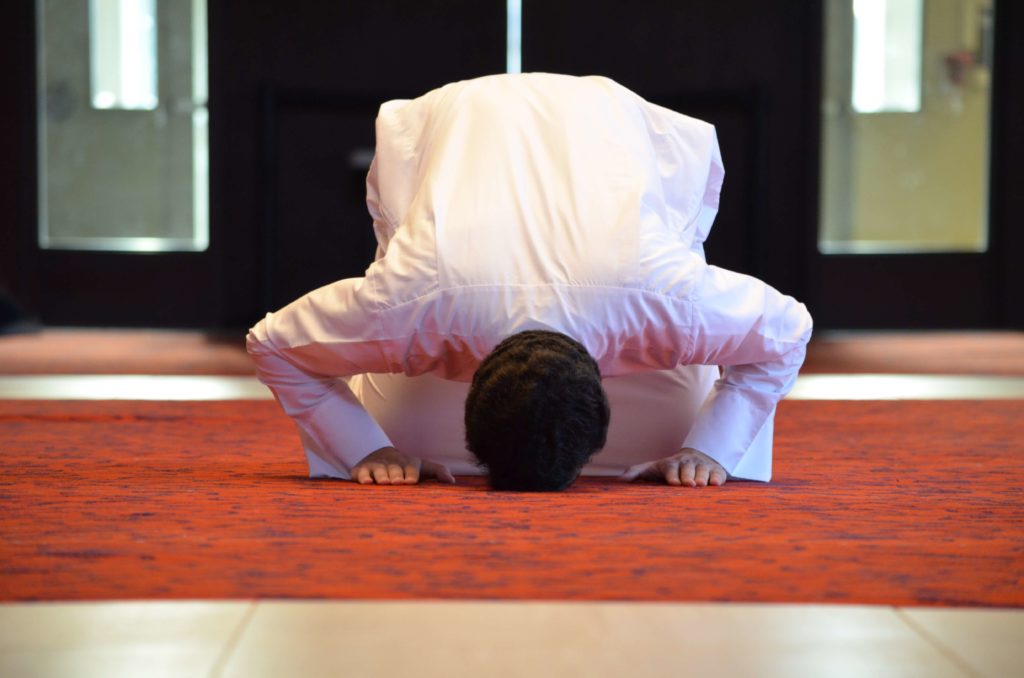
The Tarawih Prayer: A Spiritual Act You Shouldn’t Miss During Ramadan Introduction: The Tarawih Prayer, An Invaluable Spiritual Benefit The Tarawih prayer, offered after the ‘Isha prayer during the blessed month of Ramadan, is one of the most important practices to strengthen our bond with Allah (SWT). It is an act of devotion that offers […]
The Women and Ramadan

Women and Ramadan Ramadan is a fundamental pillar of Islam, deeply rooted in spirituality, purification, and devotion. Allah says in the Holy Quran: “O you who have believed, decreed upon you is fasting as it was decreed upon those before you that you may become righteous.” (Surah 2, Al-Baqarah, verse 183). This sacred month offers […]
The Essential Supplications – Dua of Ramadan

The Essential Invocations – Dua of Ramadan Introduction The holy month of Ramadan is a time when Muslims around the world engage in profound spiritual practices, with a focus on fasting, prayer, and making invocations (Duas). Duas are an integral part of Ramadan, offering a direct line to Allah and a way to seek guidance, […]
2024 Guide to Taraweeh Prayers at Home
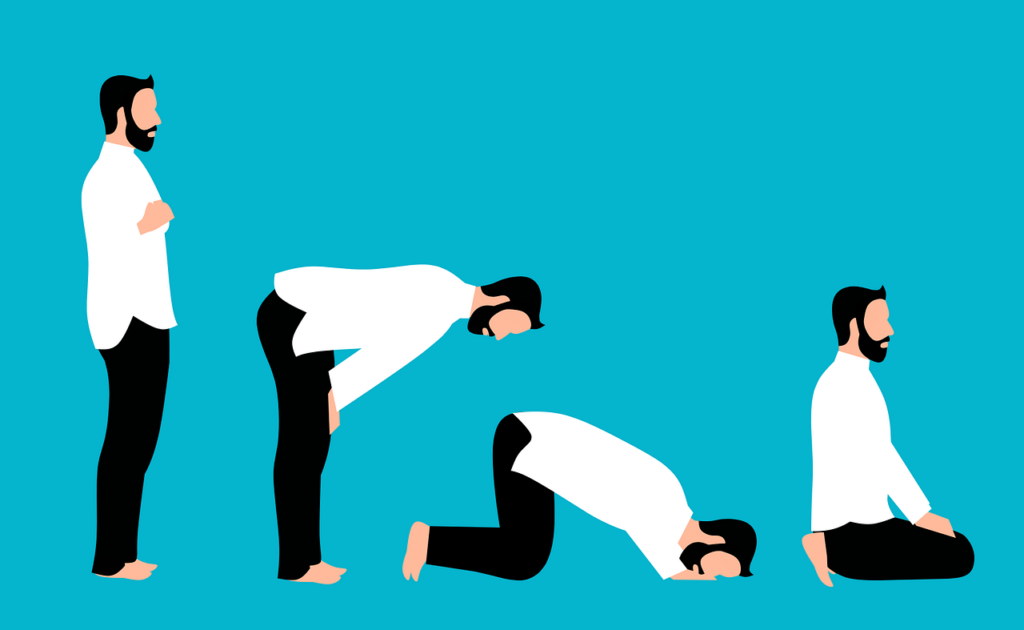
2024 Guide to Taraweeh Prayers at Home: How to Perform, Involve Family, and Enrich Your Spirituality As the world continues to navigate through unprecedented times, traditions and practices have had to adapt. Ramadan, a month of fasting, reflection, and prayer, is a cornerstone of the Islamic faith. Among its cherished rituals is the Taraweeh prayer, […]
Prayer and Ramadan: Foundations and Key Questions
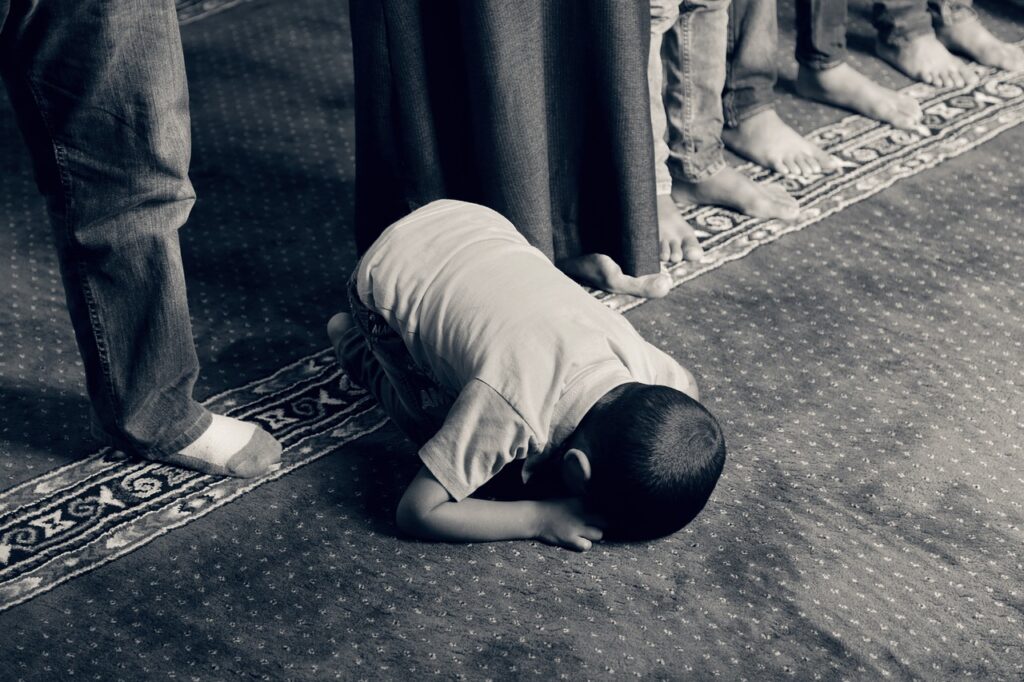
Prayer and Ramadan: Foundations, Interactions, and Key Questions Introduction Prayer holds a central position in Islam, often referred to as the cornerstone of the faith. Quranic verses and Hadith emphasize its significance. For instance, the Quran states, “And establish prayer. Indeed, prayer prohibits immorality and wrongdoing…” (Surah Al-‘Ankabut, 29:45). Similarly, a Hadith reported by Imam […]
10 tips to prepare Ramadan

10 tips to prepare for Ramadan The blessed month of Ramadan is fast approaching, and Muslims must follow the example of our pious predecessors to approach Ramadan in the best way. We are currently in the lunar month of Rajab, which will follow the month of Chaabane and the month of Ramadan In Sha […]
When is Ramadan 2023 ?
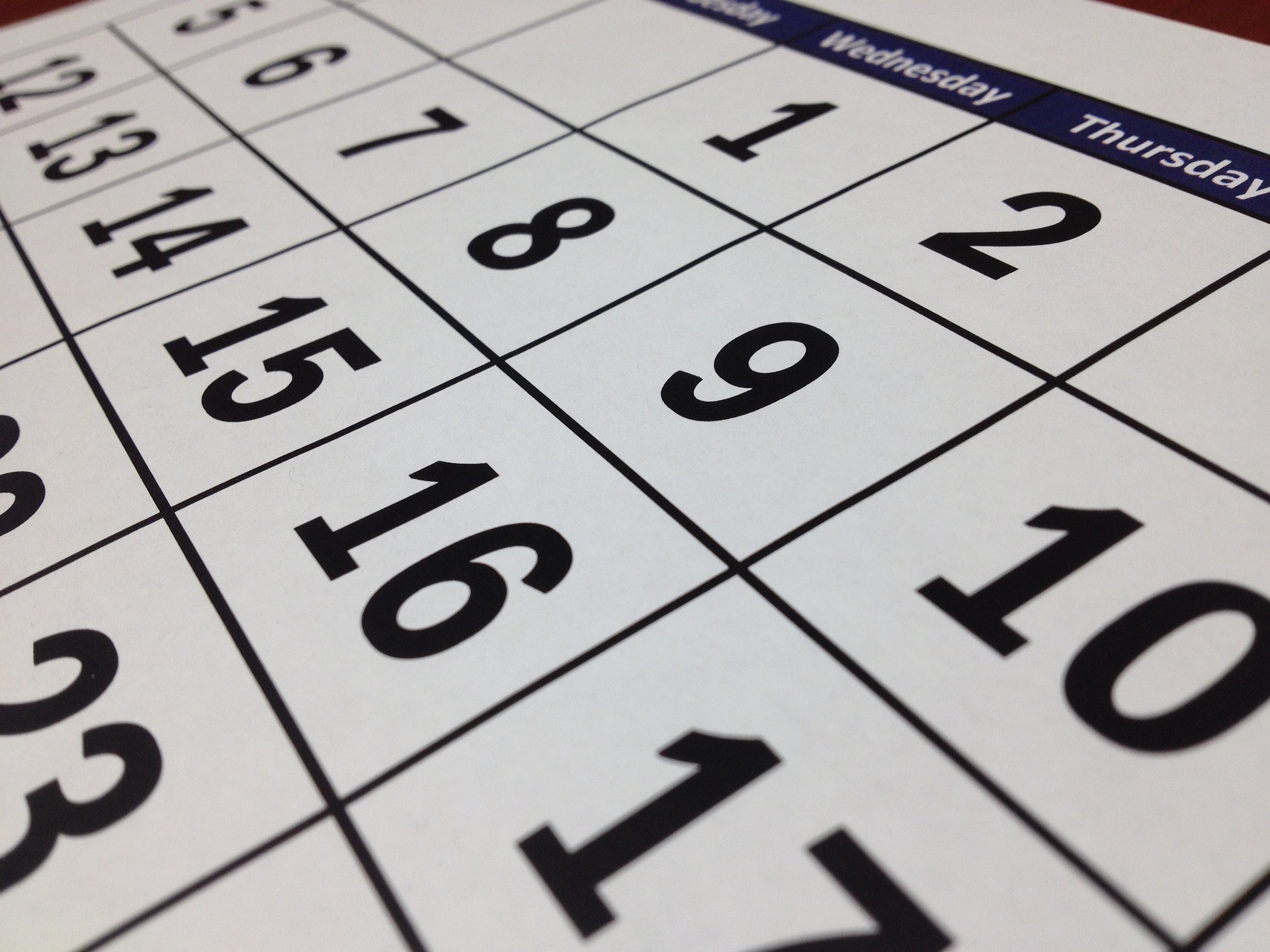
When is Ramadan 2023? Wednesday, March 22, 2023: this is the date from which we base ourselves for the beginning of Ramadan 2023 or 1444 in the Hijri year. Allahu a’lam (And Allah is the most learned) As every year, there will be a night of doubt during which the moon will be observed […]
“Preparing Your Soul: A Comprehensive Guide to Spiritual Growth in Ramadan
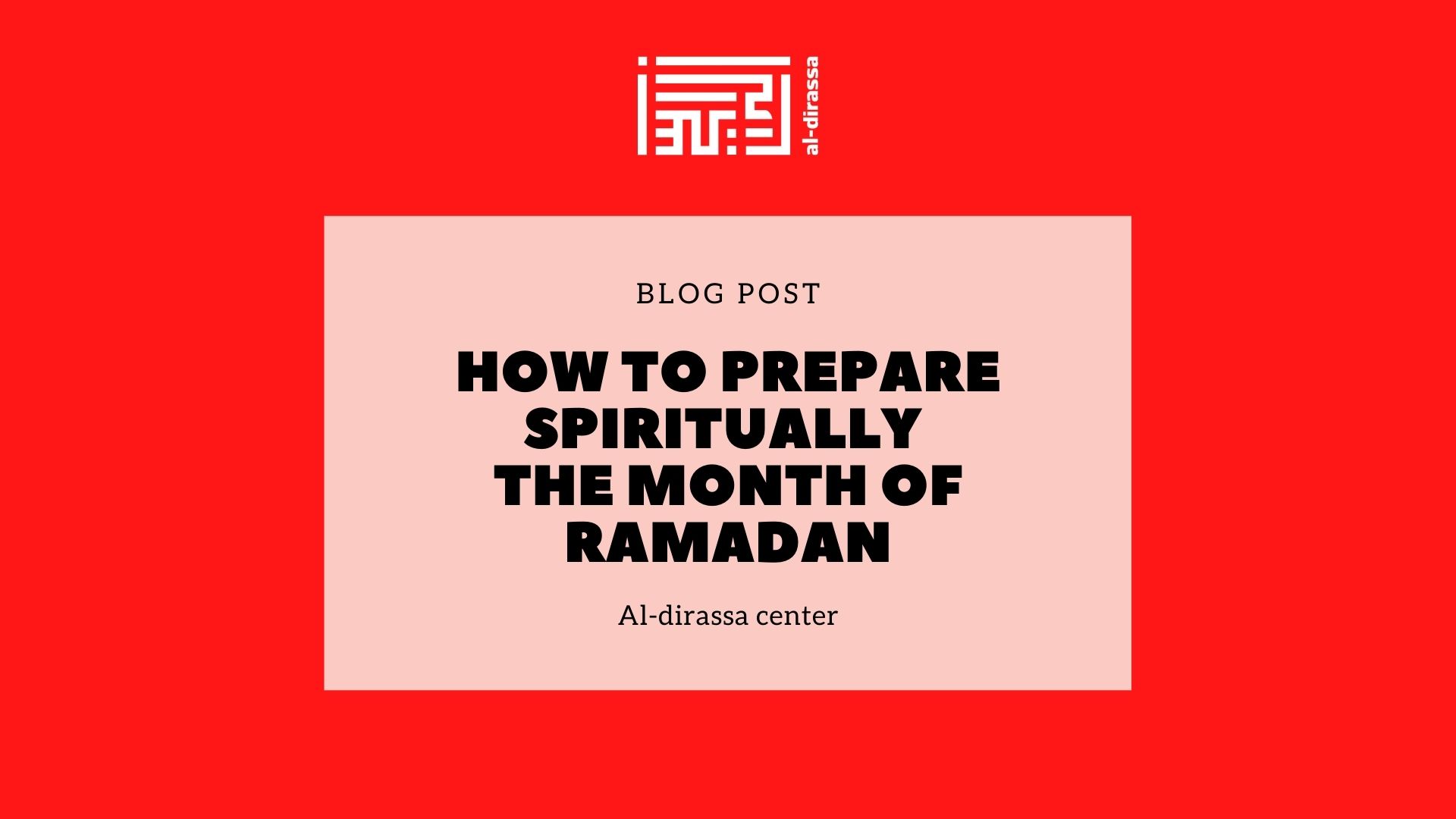
Preparing Your Soul: A Comprehensive Guide to Spiritual Growth in Ramadan Preparing Spiritually for the Sacred Month of Ramadan In the blink of an eye, the blessed month of Ramadan is approaching. Allah SWT reminds us in the Quran: “O you who have believed, decreed upon you is fasting as it was decreed upon […]

